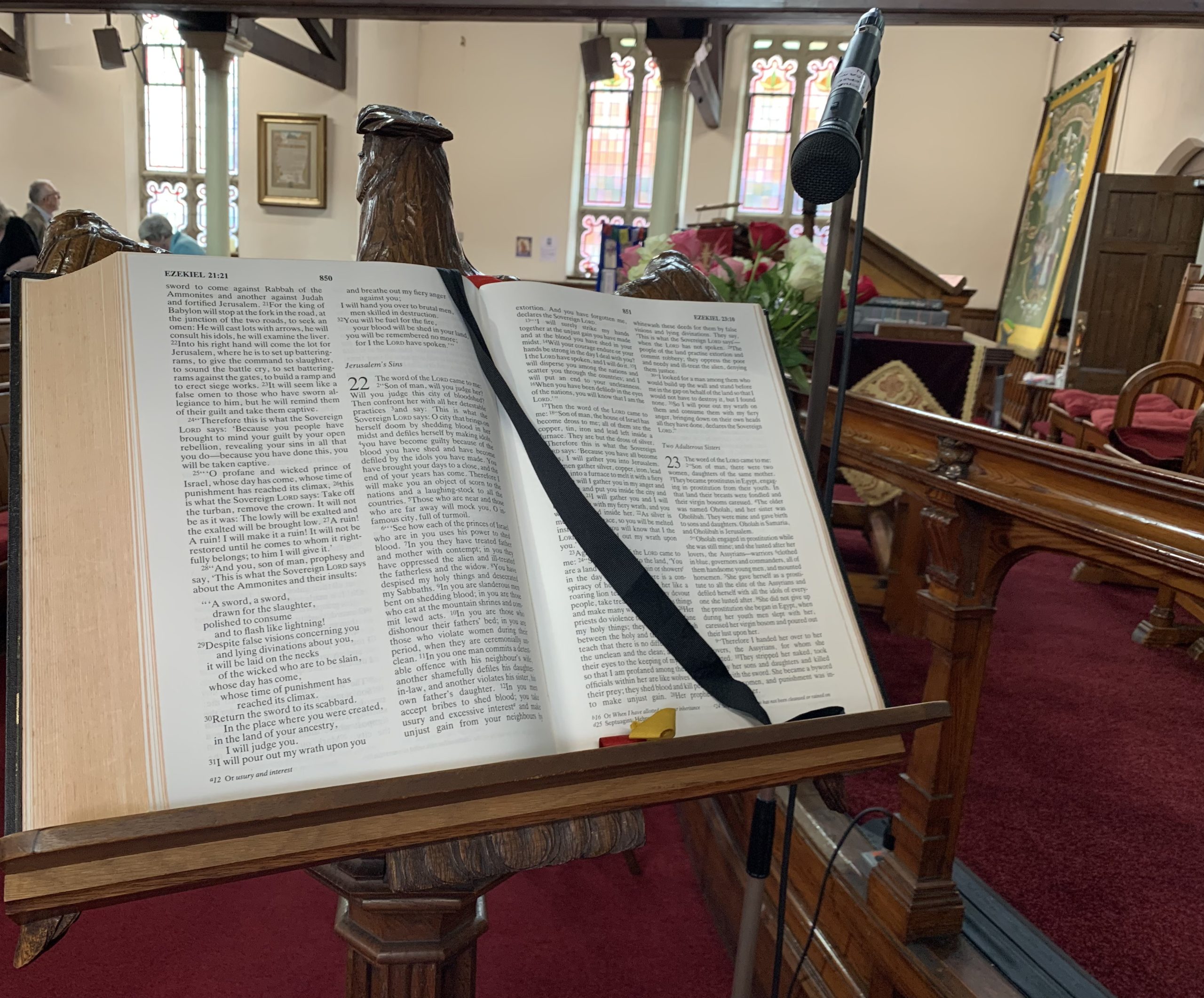
Most, if not all religions have texts which define or underpin their beliefs. For Christianity it is the Bible. The main problem with these sacred texts is that once written they are deemed sacrasanct and unchangeable. Much of the Bible was written thousands of years ago, even the New Testament is now 2000 years old, more or less. Obviously knowledge and cultures change over time . This means that the modern reader might understand the world differently to the author of the text. Sexual equality, even gender diversity was unheard of as was much of what we now understand from science. Despite this, there are those who would claim that the Bible is the ultimate authority. Genesis 1-9 is hotly debated as to how much of the science and history can be accepted at face value. And, of course, Evolutionary theory would seem to directly conflict with the events as described. It is not our intention to lay down the law on how to read or interpret the Bible. Suffice it to say that Christianity is based on our understanding of Scripture and, to a greater or lesser extent, is much of the reason why there is not just one denomination or doctrine throughout Christendom.

Authorship
Everyone basically knows that the Bible is not one book but many. Traditionally the First 5 books of the Old Testament were assigned to Moses, but scholars have long since decided that there are many different sources, although there are Christians who try to hold onto the Mosaic origins. You may have heard it declared that all Scripture is authored directly from God. Again this is hotly debated and a cause of friction. The majority prefer to look at it as being inspired by God but with each author adding their own personality, slant, and beliefs to the precise text. What is clear is that there is much superstition and scientific naivety within scripture. Disease is often associated with demons or wrongdoing, even though Scripture itself denies that health or wealth has anything to do with our goodness or the influence of the Devil. Suffice it to say that reading and understanding Scripture is not as easy as some would have it

The one thing that is agreed by all is that the basic story of Jesus, as told by the Bible is fact and not fiction. We acknowledge that there are differences in the details s described by the four Gospels, and we do not agree on the way to interpret them, but, there are some basics that the Orthodox churches insist upon and these are:
That Jesus Christ was born of Mary, but Fathered by God
That Jesus lived, was crucified, died, and was buried, and on the third day was raised from the dead.
That the Holy Spirit came down to earth and is still present encouraging, strengthening and influencing Christians to this very day.
